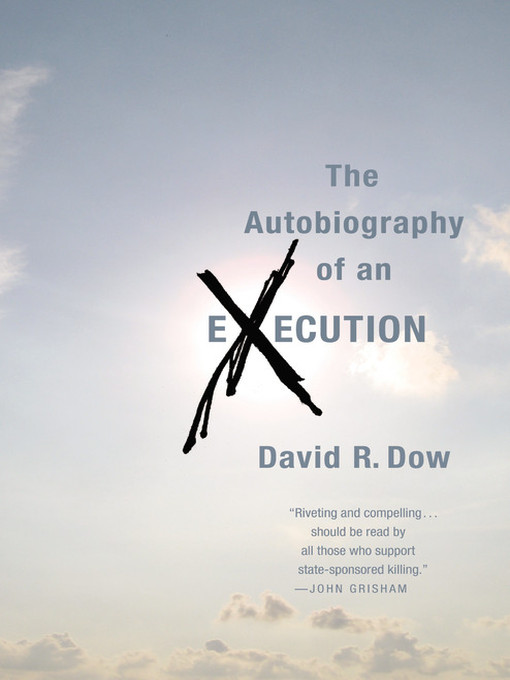
The Autobiography of an Execution
کتاب های مرتبط
- اطلاعات
- نقد و بررسی
- دیدگاه کاربران
نقد و بررسی

October 12, 2009
In an argument against capital punishment, Dow’s capable memoir partially gathers its steam from the emotional toll on all parties involved, especially the overworked legal aid lawyers and their desperate clients. The author, the litigation director of the Texas Defender Service and a professor at the University of Houston Law Center, respects the notion of attorney-client privilege in this handful of real-life legal outcomes, some of them quite tragic, while acknowledging executions are “not about the attorneys,” but “about the victims of murder and sometimes their killers.” While trying to maintain a proper balance in his marriage to Katya, a fellow attorney and ballroom dancer, he spells out the maze of legal mumbo-jumbo to get his clients stays or released from confinement in the cases of a hapless Vietnam vet who shot a child, another man who beat his pregnant wife to death and another who killed his wife and children. In the end, Dow’s book is a sobering, gripping and candid look into the death penalty.

November 15, 2009
Appellate lawyer Dow (Law/Univ. of Houston Law Center; America's Prophets: How Judicial Activism Makes America Great, 2009, etc.) delivers an unsparing indictment of capital punishment in America and the legal system that enables it.
Most of the more than 100 death-row clients the author has represented since 1989 were indeed guilty of unspeakable crimes. Yet, he writes,"if you believe it's wrong to kill, you believe it's wrong to kill." So Dow continually tried to prevent—or, more likely, delay, if only for a few days or hours—his clients' executions by a legal system in which"you hardly ever win." In this racist, classist system, writes the author, prosecutors hide evidence and police lie, lawyers fall asleep during their clients' trials, appellate lawyers forget to file appeals on time, judges condemn with indifference and moral cowardice and nobody in the system—from the jury to the Supreme Court—is required to see the results of their actions: the taking of a human life. At the center of Dow's story is the case of Henry Quaker, who was found guilty of the brutal murders of his wife and children. As more evidence was uncovered, however—including the confession of another death-row inmate that he was responsible for the murders—Dow became convinced that Quaker was one of his few innocent clients. In this deft page-turner, Dow brings the reader into the legal world, as he and his colleagues tried nearly every legal gambit to have Quaker spared, in the days, hours and minutes before his time of execution. The author is equally skilled at evoking the personal toll created by the trial—the sleepless nights, the endless work, the neglect of a lovingly portrayed wife and son, who nevertheless sustained and inspired him.
A book of uncompromising honesty and moral beauty.
(COPYRIGHT (2009) KIRKUS REVIEWS/NIELSEN BUSINESS MEDIA, INC. ALL RIGHTS RESERVED.)

























دیدگاه کاربران